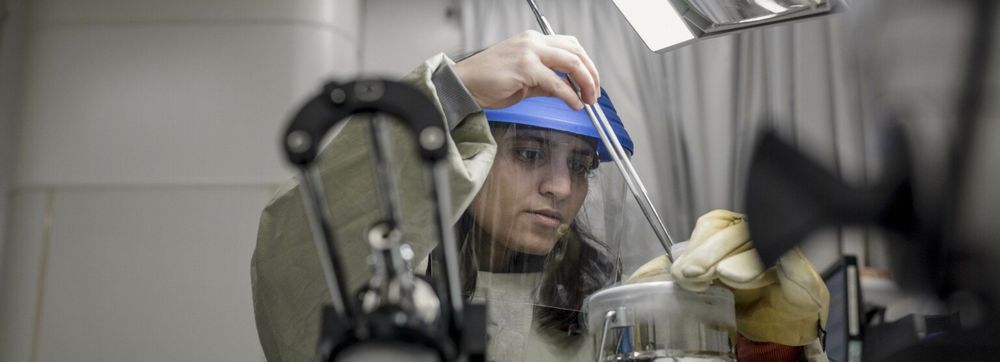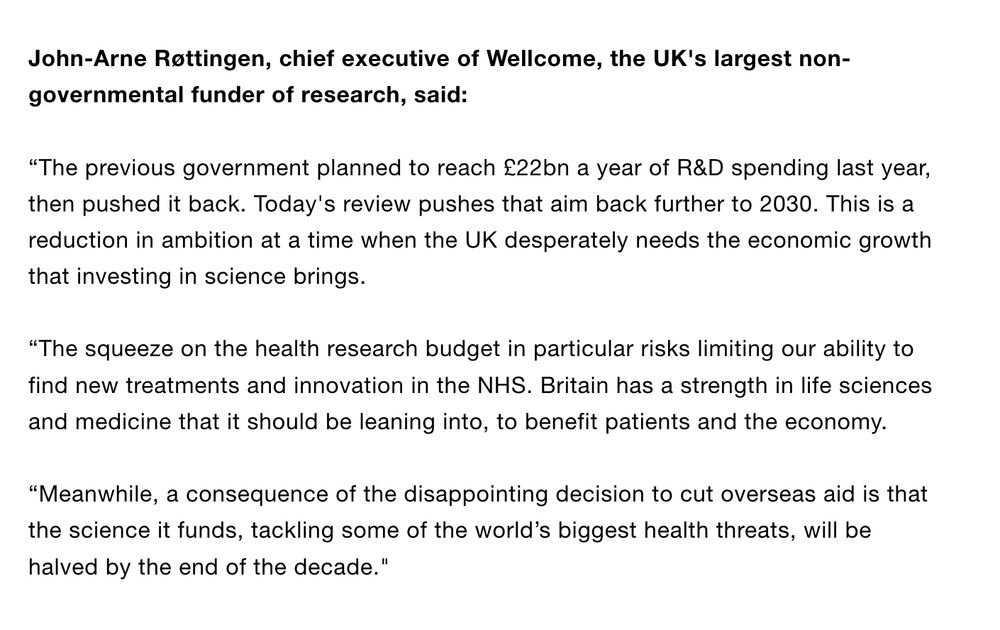Chief Executive Officer (CEO) at Wellcome
John-Arne Røttingen is a Norwegian medical scientist, research administrator and civil servant. He is currently the Chief Executive Officer of the Wellcome Trust. Previously, he served as Ambassador for Global Health in the Norwegian Ministry of Foreign Affairs, and has been a special advisor to the World Health Organization (WHO). .. more
Reposted by John‐Arne Røttingen
Reposted by John‐Arne Røttingen
Reposted by John‐Arne Røttingen
Reposted by John‐Arne Røttingen
Reposted by John‐Arne Røttingen
Reposted by John‐Arne Røttingen
Reposted by John‐Arne Røttingen
Reposted by John‐Arne Røttingen
Reposted by Steven J. Hoffman, John‐Arne Røttingen
Reposted by John‐Arne Røttingen
Reposted by John‐Arne Røttingen
Reposted by John‐Arne Røttingen
Reposted by John‐Arne Røttingen
Reposted by John‐Arne Røttingen
Reposted by John‐Arne Røttingen



